Frequently Asked Questions
My loved ones know what my values are. Why do I need to write them down?
Even if you have been good about expressing your values and telling your life story to family and friends, there is enormous power in committing those stories to the written word. First, writing about your life may help you find some clarity or perhaps some courage to say things you haven’t expressed before. Second, a written document is enduring – it will be a wonderful gift to your family and other special people you’ll never meet in your lifetime.
How old should I be when I write a legacy letter?
There is no right age to write an ethical will or other legacy document, and people of all ages draft them. However, most people who write them are older, when they have reached an age where they can reflect on their life’s meaning and purpose and want to share and preserve their values and life lessons.
How long should my legacy letter be?
A legacy letter can be any length, from a few paragraphs to many pages. Keep in mind that a legacy letter is not a full-length autobiography or a memoir; you don’t need to relate every important accomplishment or adventure in your life. Instead, focus on a few defining moments, lessons learned and insights – and use your stories to offer guidance to those who read your letter. Most people find they can do that in a few pages of written text.
Why should I write a legacy letter now?
None of us likes to consider our own mortality but it’s the one certainty that life holds. It’s never too early to write a legacy letter but it can be too late before you know it. Ideally, you should draft an ethical will or other legacy document when you can be reflective about your own life but before you see the end of your life in sight. Write it when you have time to discuss it with your loved ones. You can always revise your legacy letter – the process of reviewing and revising it can be very fulfilling in itself.
When should I share my legacy letter with others?
An ethical will or other legacy document can be shared with recipients either before or after the end of your life. Increasingly, people are choosing to share their legacy letters while they are still living, offering an opportunity for deeply meaningful conversations with family and friends.
Can I write a legacy letter that is intended for my parents, my siblings or my friends?
Of course! While many people assume that children and grandchildren are the natural audience for a legacy letter, you can write one with any reader in mind or with no specific reader in mind. You can express gratitude, ask forgiveness or offer advice and insights to anyone you choose.
I can write a legacy letter by myself. Why do I need help?
If you enjoy writing and you’re comfortable expressing your feelings in written words, more power to you. I hope this website will encourage you to write your own ethical will or other legacy document – do it soon! However, many people need a nudge – they need encouragement or they need prompting from someone who can ask them good questions and can help them translate their ideas to a concise written document. If that describes you, I hope you’ll contact me to talk further.
